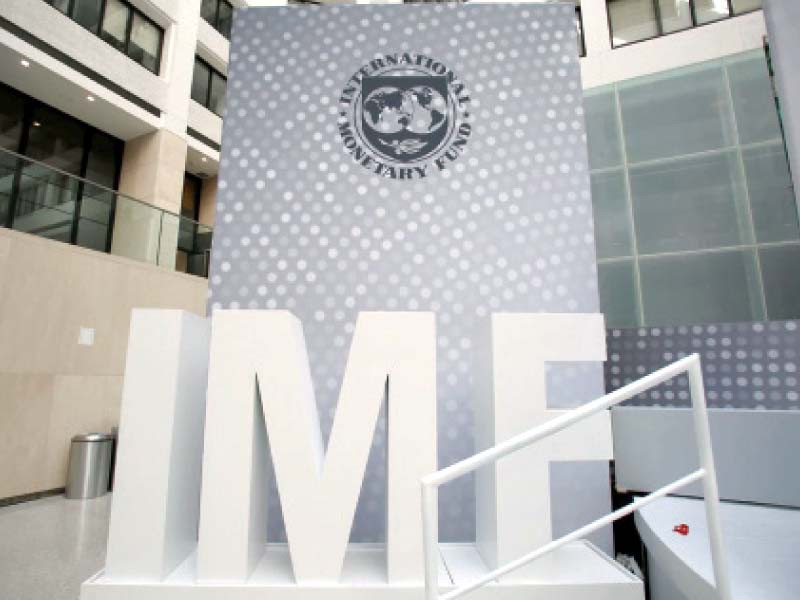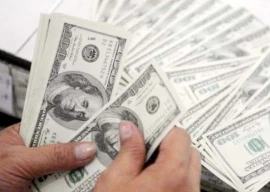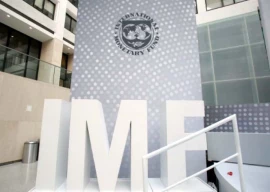
The International Monetary Fund (IMF) has scheduled a meeting of its executive board on July 12 to endorse the staff-level agreement with Pakistan, providing a $3 billion stand-by arrangement (SBA) to assist the cash-strapped country.
During the meeting, the executive board will give the green light for the release of the first tranche of $1.1 billion as part of the loan program. The initial disbursement is contingent upon board approval.
In the meantime, Pakistan has submitted a letter of intent to the IMF, assuring the organization that no new tax amnesty scheme will be introduced in the next nine months. The letter, signed by Finance Minister Ishaq Dar and the State Bank of Pakistan governor, also guarantees the removal of trade barriers and upholding commitments to friendly nations and other financial institutions that have provided bilateral loans.
Furthermore, the government has committed to boosting foreign exchange reserves and implementing reforms within government departments, as outlined in the reassurances provided to the IMF.
On June 29, the IMF and Pakistan reached a staff-level agreement on the $3 billion stand-by arrangement, a long-awaited decision for a country facing a critical risk of default.
The agreement, subject to IMF board approval, offers much-needed relief to Pakistan, which is grappling with a severe balance of payments crisis and declining foreign exchange reserves.
According to a press statement issued by the lender on June 29, the new SBA will support Pakistan authorities’ immediate efforts to stabilize the economy from recent external shocks, preserve macroeconomic stability and provide a framework for financing from multilateral and bilateral partners.
“The new SBA will also create space for social and development spending through improved domestic revenue mobilization and careful spending execution to help address the needs of the Pakistani people.
“Steadfast policy implementation is key for Pakistan to overcome its current challenges, including through greater fiscal discipline, a market determined exchange rate to absorb external pressures, and further progress on reforms, particularly in the energy sector, to promote climate resilience, and to help improve the business climate,” it said.
According to the IMF's press statement, the new SBA aims to support Pakistan in stabilizing its economy, addressing recent external shocks, maintaining macroeconomic stability, and providing a framework for financing from bilateral and multilateral partners.

1731494851-0/BeFunky-collage-(51)1731494851-0-405x300.webp)



















COMMENTS
Comments are moderated and generally will be posted if they are on-topic and not abusive.
For more information, please see our Comments FAQ